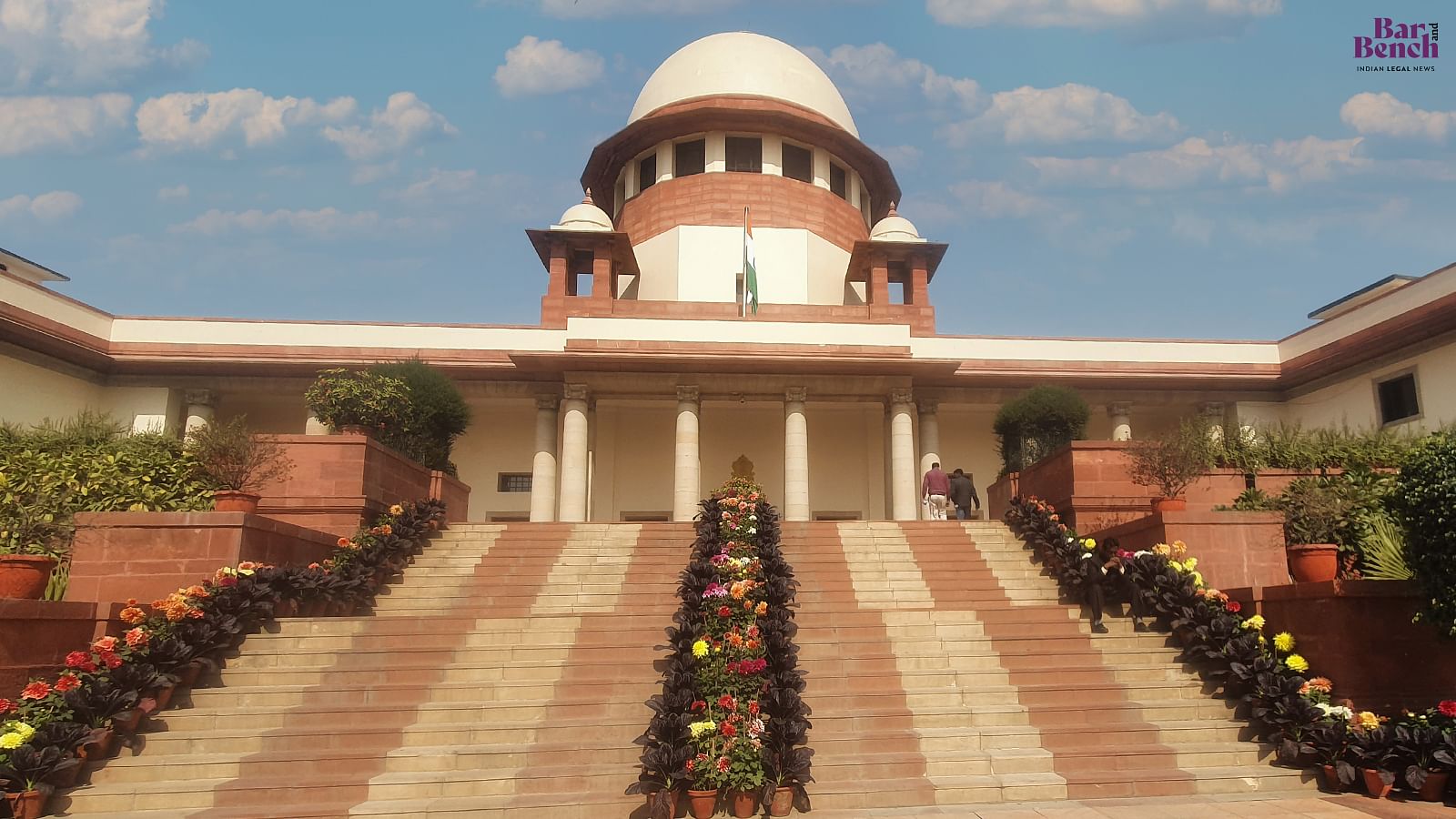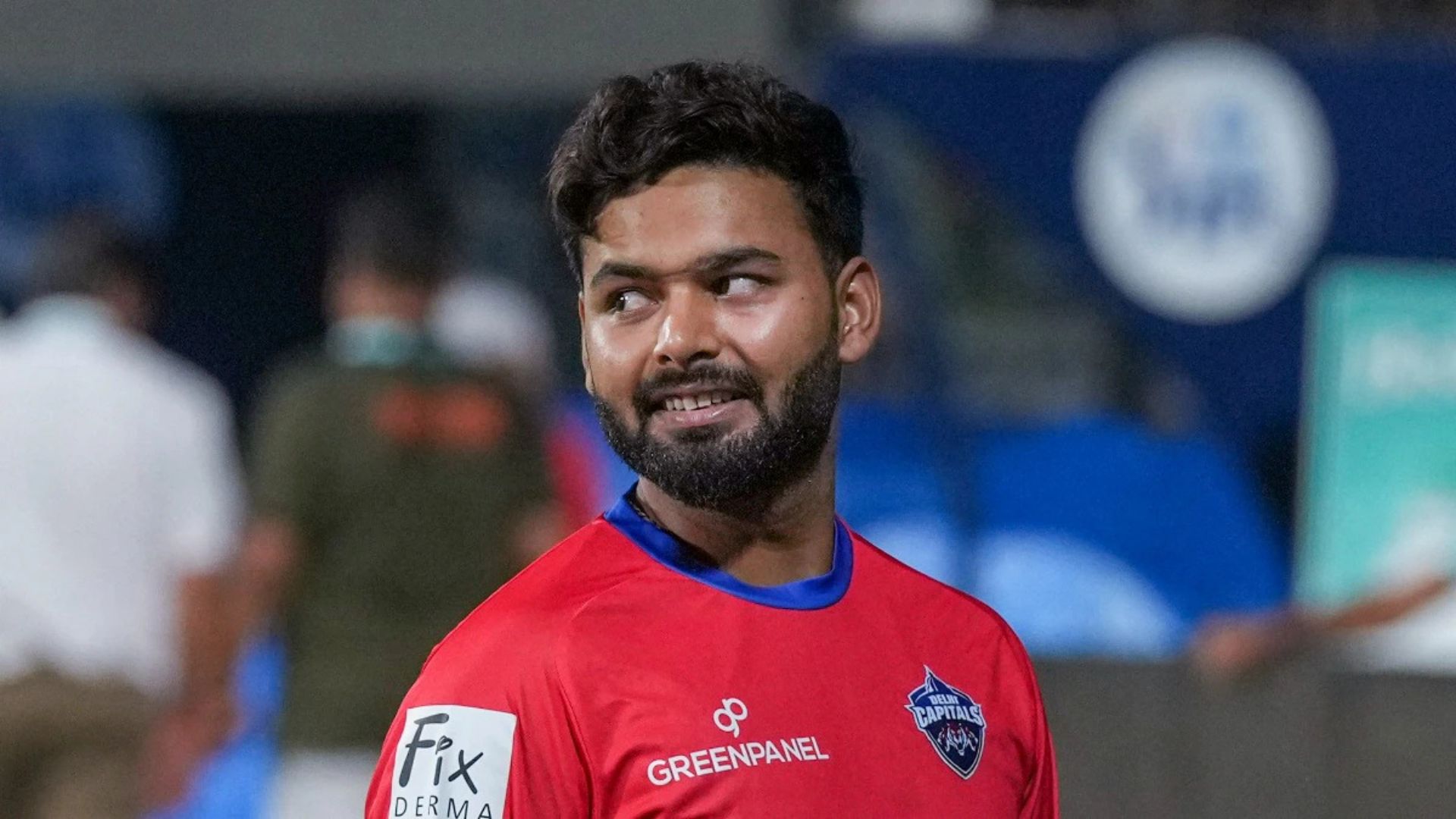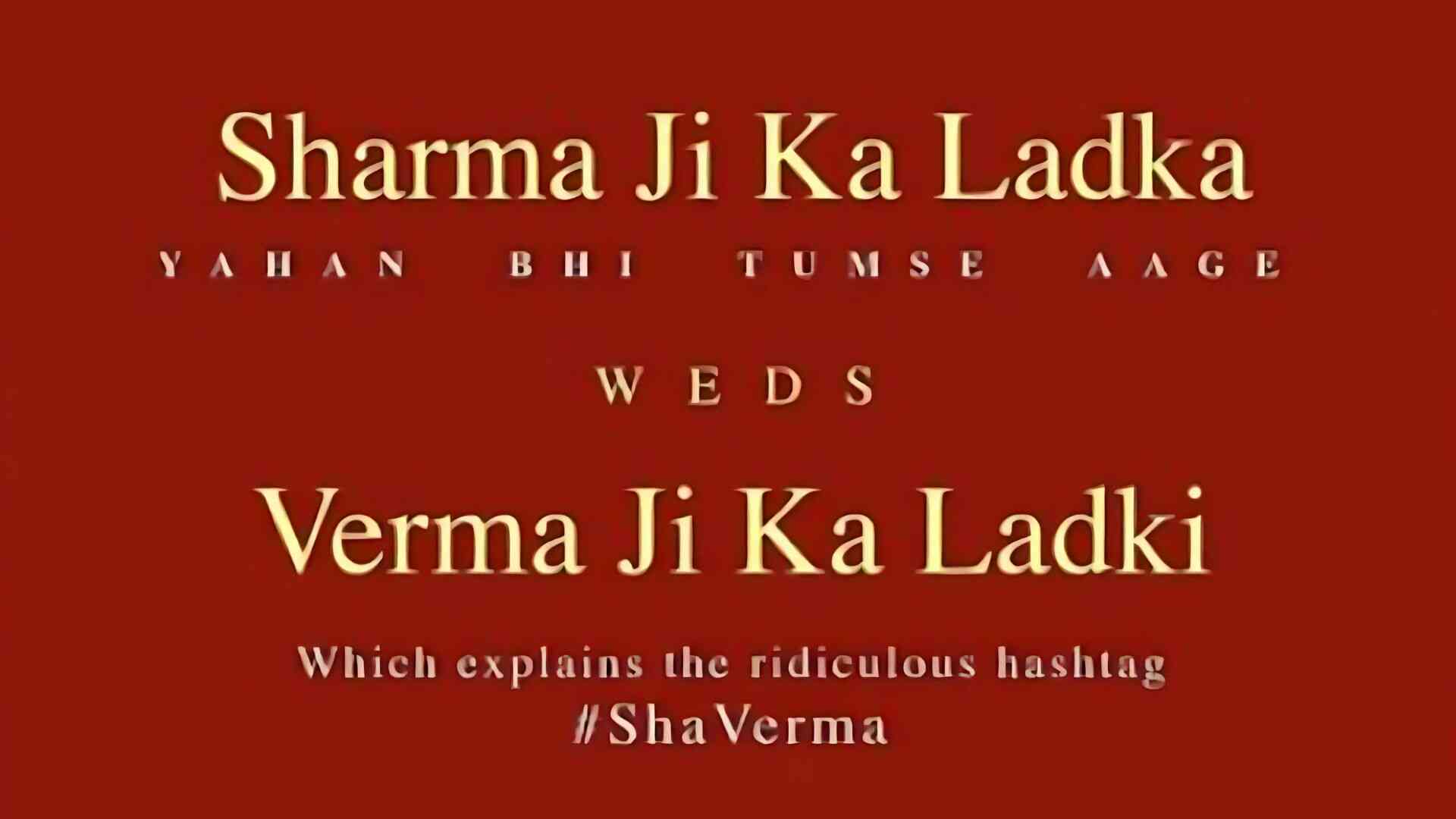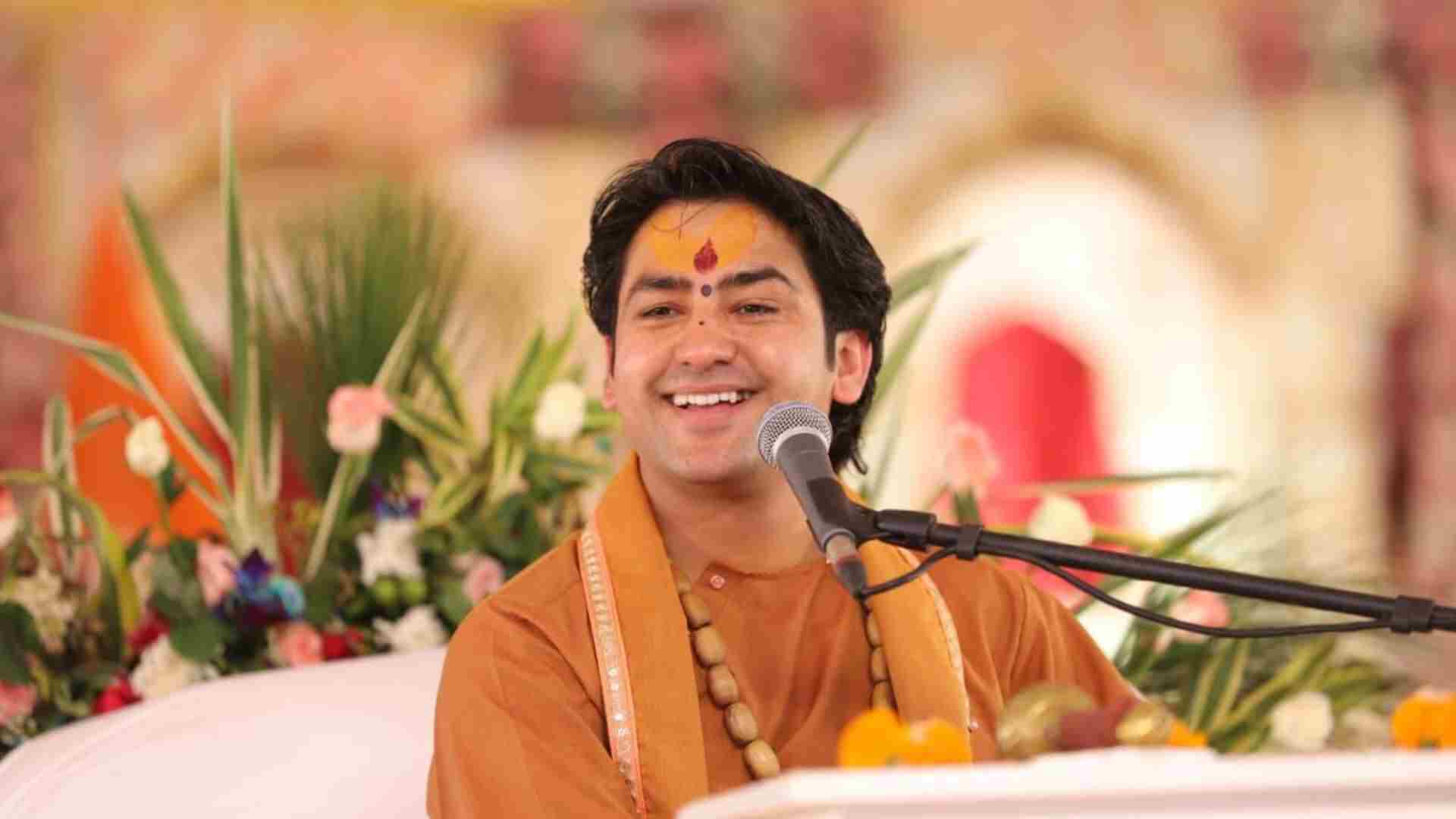
The Supreme Court in the case S K Khaja vs State of Maharashtra observed and has stated that the conviction of an accused made under section 307 of the Indian Penal Code, 1860, the attempt to murder can be sustained even if the injuries sustained by the complainant were very simple in nature.
The bench comprising of Justice Bela M. Trivedi and Justice Dipankar Datta in the case observed and has stated that what being important is an intention coupled with the overt act committed by the appellant or the accused.
In the present case, the appellant- accused was concurrently convicted for the offence stated under Section 307 and section 332 of the Indian Penal Code, 1860 and the court directed to undergo rigorous imprisonment for five years and two years for the said offences respectively. Thus, the allegations were that the accused tried to assault a police constable on his head by a Gupti.
It has also been contended by the appellant before the Apex Court that even if the case of the prosecution was held to be proved against the accused in toto, thus, the injuries suffered by the complainant were very simple in nature and would not attract offence under Section 307 of the Indian Penal Code, 1860.
The court in the case observed and has stated that merely because the injuries are sustained by the complainant were very simple in nature, that would not absolve the appellant or accused from being convicted for the offence stated under section 307 of the Indian Penal Code, IPC.
Therefore, what being important is an intention coupled with the overt act committed by the appellant or accused.
In the present case, it has been proved by cogent evidence that the appellant or accused had tried to assault the complainant with Gupti and that too on his head.
Though the complainant in the case received an injury on his right shoulder while avoiding blow on his head, from the blunt part of the Gupti, such an overt act on the part of the appellant or accuse would be covered by the offence which is punishable under Section 307 of IPC.














